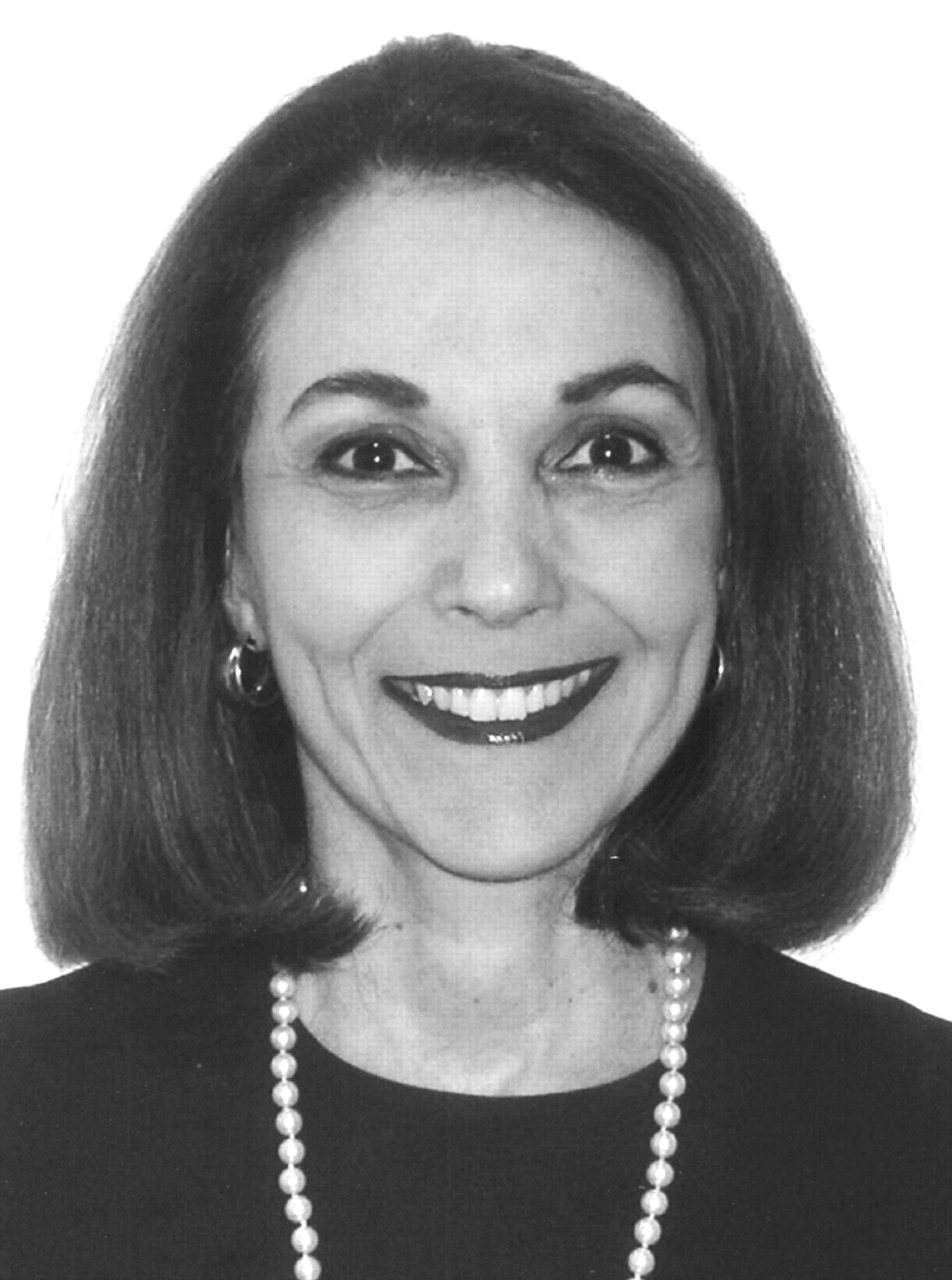Candidates’ Views
It would be a great honor for me to be able to serve the members of APA as trustee-at-large. APA is the premiere organization for psychiatrists. I have been a member since 1975 and have appreciated how much APA has given to me in terms of professional identity and professional development and as a forum for advocacy for my patients. I have been president of my district branch, president of my state association, Area 6 representative and deputy representative in the Assembly, and chair of three components: Committee on Confidentiality, Council on Psychiatry and Law, and Committee on Judicial Action.
I have learned that organized psychiatry can be incredibly effective. When I was president of my district branch, I heard many concerns about the difficulties that our members had in terms of working with the regional Medicare office. I helped organize a meeting with key Medicare personnel, and this led to increased communication and facilitation of billing and the utilization review process. The district branch, representing more than 1,300 psychiatrists, was able to do more than any individual psychiatrist could do.
From June to mid-December, I have been on a professional development leave and am working in the U.S. Senate as a health policy fellow. I have learned to appreciate how members of Congress and their staff want to hear from their constituents and professional organizations about the impact of proposed legislation. APA is very well respected and has done an excellent job of advocating for improvements in mental health services. As a member of the Board of Trustees, I will work to continue to support the efforts of APA in advocacy and in public affairs, especially in educating the public about the advances in psychiatry and treatments for mental disorders. I also will work to communicate the successes of our organization to our members. This will help with retention of our members who are unsure about what APA is doing for them.
One of the important tasks of APA is to encourage the involvement of our young psychiatrists in organized psychiatry. During my tenure as president of the California Psychiatric Association, I helped organize a conference that was specifically geared to residents and early career psychiatrists. The focus was on improving skills in advocacy and working with the media. We had legislators, lobbyists, and media representatives give presentations. We also were able to offer scholarships to support the attendance of residents and early career psychiatrists. The conference was extremely successful, and our young psychiatrists learned how they could work with organized psychiatry to impact legislation and the public’s perception of psychiatry. This is the type of project that we need to support in other state associations and district branches and nationally.
I believe that the job of the trustee-at-large is to represent all of our members to the Board of Trustees and ensure that all concerns are heard and addressed by the Board of Trustees. The job includes advocating for the Assembly, the components, women, minorities, underrepresented groups, international medical graduates, allied organizations, and our younger members. If elected, I will devote my efforts toward ensuring that all of these voices will be heard by the Board of Trustees.
Primary Loci of Work and Sources of Income
Work:
100%—Langley Porter Psychiatric Institute, University of California, San Francisco
Income:
100%—University of California academic salary (includes faculty practice with outpatients, inpatients, and forensic consultations)

